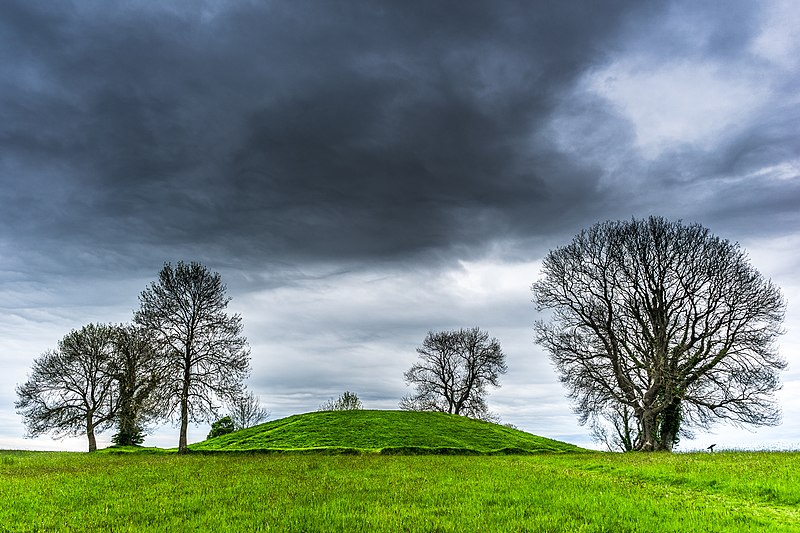
Northern Ireland has been identified as one of the most nature-depleted regions globally, with a concerning 12% of species facing the threat of extinction, according to the
State of Nature 2023 report. This comprehensive study, a collaborative endeavor involving over 60 research and conservation organizations, exposes the dire extent of nature loss in Northern Ireland.
The report uncovers distressing trends that underscore the profound impact of land and sea management, as well as climate change, on the region's wildlife. Key findings from the report include a 43% decline in farmland bird populations across 17 monitored species since 1996 and a 10% average decrease in breeding bird numbers across 64 species. Additionally, there has been a 16% average reduction in butterfly species since 2006, spanning 14 monitored species, and a 14% average decline in 891 plant species between 1970 and 2019.
Gillian Gilbert, Principal Conservation Scientist at RSPB NI and lead author of the local report, expressed her concern, stating that it "highlights just how much nature in Northern Ireland needs more help." She emphasized the need for urgent action to address biodiversity loss and mitigate the damage of recent decades.
The report also underscores the growing recognition among the public and policymakers of the value of nature in tackling climate change and the urgent need for conservation efforts. With 76% of Northern Ireland's land dedicated to agriculture, the report emphasizes the necessity of implementing nature-friendly farming practices on a large scale to halt the decline in farmland wildlife. These efforts must be balanced with the challenges of addressing the nature and climate crises while meeting the population's food, energy, and fuel needs.
Dr. Peter McEvoy, Director of Land Management at Ulster Wildlife, stressed that nature cannot be taken for granted. He called for increased government investment to support wildlife recovery and combat the climate crisis.
Jim Foster, Conservation Director at Amphibian and Reptile Conservation, highlighted the importance of preserving Northern Ireland's nature and biodiversity. He emphasized the need for conservation projects to reverse declines in species populations and the importance of scaling up these efforts.
Despite the concerning statistics, the report also emphasizes the potential for positive change through community initiatives, conservation projects, and legislative measures. It notes that Northern Ireland possesses 10% of the UK's peatland resources, and restoration projects like the Garron Plateau blanket bog contribute to carbon-rich habitats, benefiting both climate change mitigation and biodiversity. Photo by Giuseppe Milo, Wikimedia commons.



































